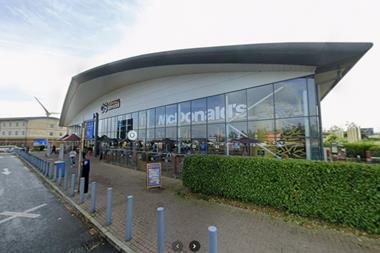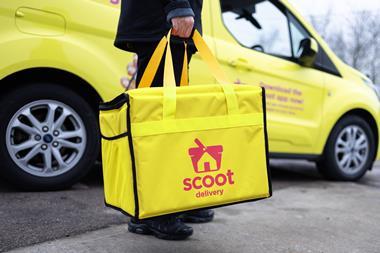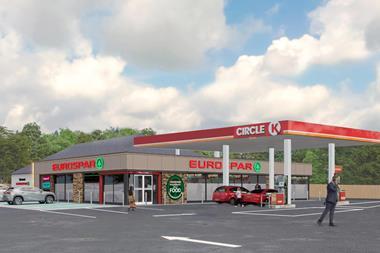The PRA has accepted a number of proposals in the government’s new transport strategy, but pointed out a range of flaws in the way it is being implemented.
PRA chairman Brian Madderson said: “Following the Department for Transport (DfT) publication of the Road to Zero strategy earlier this week, the PRA accepts the White Paper’s ambition of ending the sale of new conventional petrol and diesel cars and vans by 2040 and seeing at least 50%, and as many as 70%, of new car sales and up to 40% of new van sales being ultra-low emission by 2030.”
Policy initiatives which the PRA accepts include:
• use of the VED regime to incentivise reductions in emissions;
• an Electric Vehicle Energy Taskforce to bring together the energy and automotive industries;
• charge points in new homes and on new street lighting columns where appropriate;
• a £400m investment fund to encourage charging infrastructure to be installed;
• making a common minimum method of accessing public charge points mandatory; and
• allowing recharging without a pre-existing contract.
However the PRA has raised concerns about measures in the Automated and Electric Vehicles Bill to which the White Paper refers, and which is in the final stages of passing through Parliament.
It objected to mandating charge points to be made available at motorway service areas (MSAs). It said it might not be appropriate for the cars, vans and lorries using those service areas, and it was wrong for the transport secretary to try to second guess the market as it was unfair interference in the business of the MSAs.
The PRA also opposes granting powers to Metro Mayors to direct large fuel retailers to provide electric charging points. It said it should not be down to government to decide how a fuel supplier chooses how much of a particular fuel to supply, as the fuel supplier needs the freedom to adapt to market circumstances.
The definition of “large fuel retailer” is not given in the Automated and Electric Vehicles Bill, and the PRA cautioned this gives even more arbitrary power to Metro Mayors. It warned this could hold back investment in new technologies from the owners of larger sites while they wait to see if they are going to be dictated to.
The PRA also warned that smaller sites might be identified by politicians as big enough to be forced to put in charging points which the politicians – not the demands of car users – deem suitable, and that some could be driven out of business as a result.
It also called for clarity on whether the £400m investment fund included in the Road to Zero will be accessible for forecourt operators wanting to include these facilities at their sites. It said that with demand so low, petrol filling stations need an incentive to invest.

































No comments yet